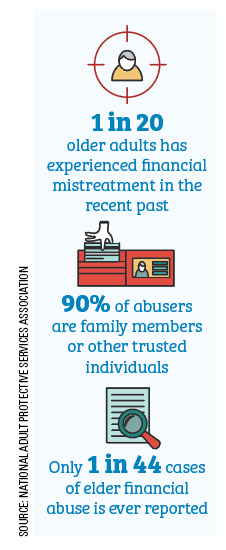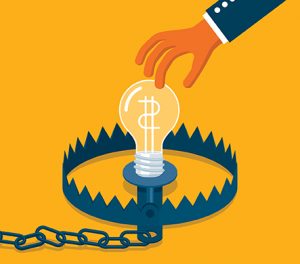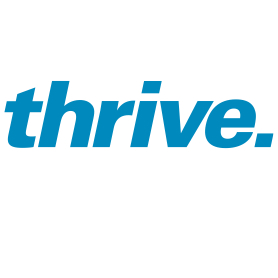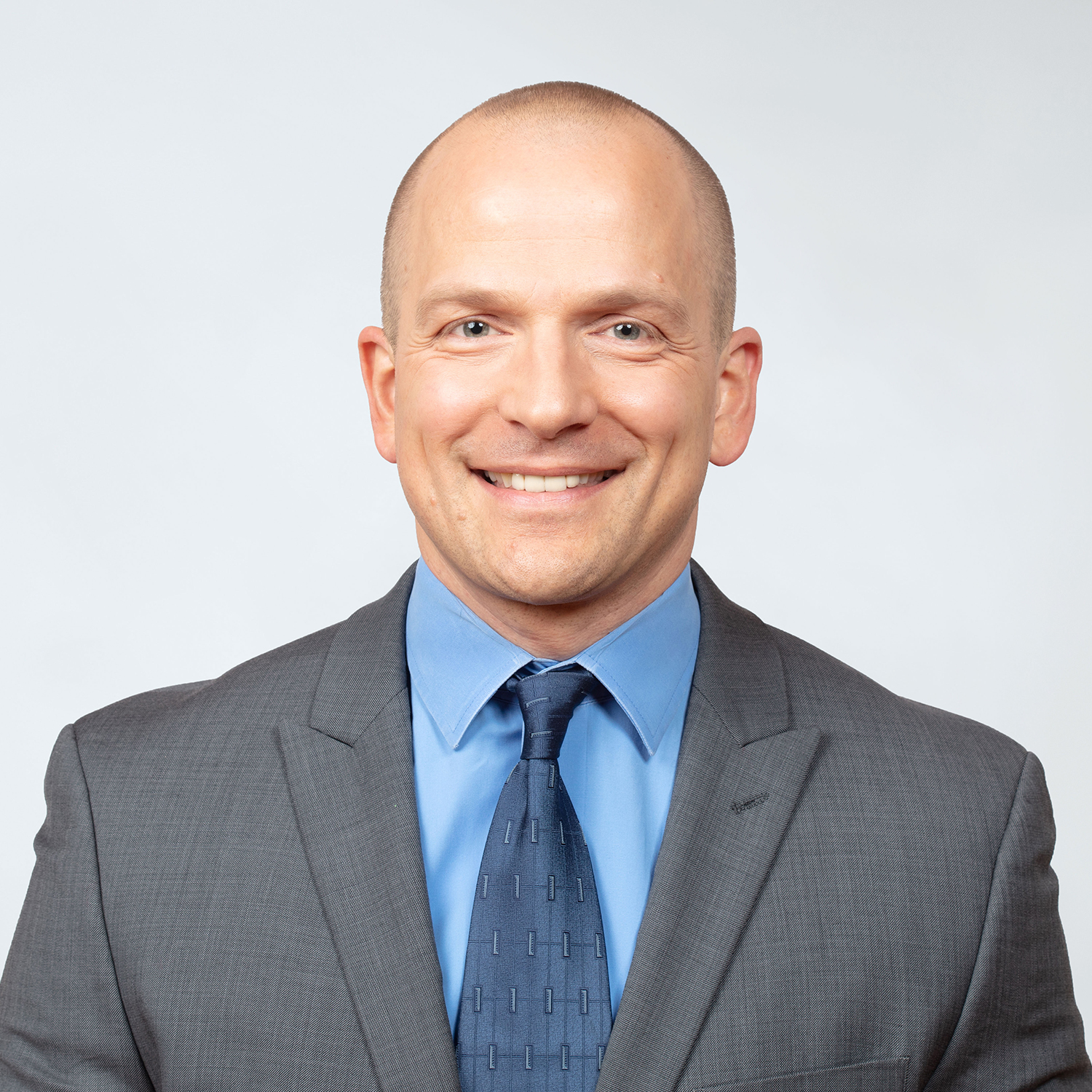Four ways to fight fraud scams targeted at seniors
August 17, 2018 Older adults are a dream target for scammers, in many ways. According to AARP, Medicare fraud alone accounts for roughly $60 billion every year and there are a variety of reasons.
Older adults are a dream target for scammers, in many ways. According to AARP, Medicare fraud alone accounts for roughly $60 billion every year and there are a variety of reasons.
Seniors may have a large nest egg after years of working and investing, own their home or have strong credit scores.
Seniors also often visit the doctor or receive treatment more frequently as they age, increasing their vulnerability to health care fraud.
Because caregivers are often handling bills and corresponding with providers on the phone or through email, they are often first line of defense against health care fraud. There are easy ways that caregivers can help protect their loved ones from fraud.
Four ways to protect seniors from fraud
Here are some key considerations, from the Minnesota Board on Aging:
- Treat your loved one's Medicare and Social Security cards like a credit card. Don't give the numbers to strangers.
- Seniors are often interested in treatments for chronic pain or cognitive impairment—be very wary of phone calls or emails from untrusted sources trying to sell these products.
- Keep a record of all doctor's visits or treatments and then carefully match your loved one's Medicare statements with those services.
- Do not accept any medical supplies from a door-to-door salesperson, even if they say they are from Medicare. Medicare does not call or visit homes to sell anything.
If you feel your loved one has been a victim of fraud, call the customer service number on the back of their health insurance card to report it.
Beware of health care scams
 Back in 2018 when the federal government released new Medicare cards, it led to a wave of scam calls targeting seniors. These types of calls claim to be coming from an insurance company and try to verify private health information. This has many seniors and their caregivers concerned about how to verify the legitimacy of this type of phone call.
Back in 2018 when the federal government released new Medicare cards, it led to a wave of scam calls targeting seniors. These types of calls claim to be coming from an insurance company and try to verify private health information. This has many seniors and their caregivers concerned about how to verify the legitimacy of this type of phone call.
To learn how you can avoid falling victim to health care-related fraud, the FBI keeps a list of common schemes on its website.
Tips to protect your and your loved ones private health care data from scammers were covered in this blog post.
If you need additional help, call Minnesota’s Senior LinkAge Line®, a free resource offered by the State of Minnesota, at 1-800-333-2433.
Editor’s note: A version of this article first appeared in the Summer 2018 edition of thrive., a healthy living magazine for Blue Cross Medicare members. More thrive. content on health, living, fitness, food, medications and caregiving is available at thrive.bluecrossmn.com.




Your writing is a perfect blend of informative and engaging. I thoroughly enjoyed this article.